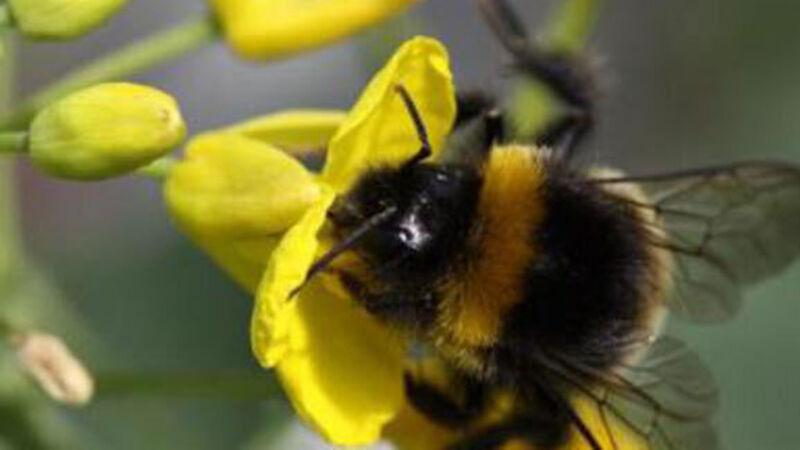Bees ‘get a buzz’ from food laden with pesticides

In a series of experiments, bumblebees and honeybees actively preferred sugar solutions laced with the neonicotinoid chemicals.
This was despite evidence that the bees could not taste the pesticides. Rather than enjoying the taste, they seemed to be reacting to a pleasurable ‘high’ as the chemicals activated reward centres in their tiny brains, the scientists believe.














